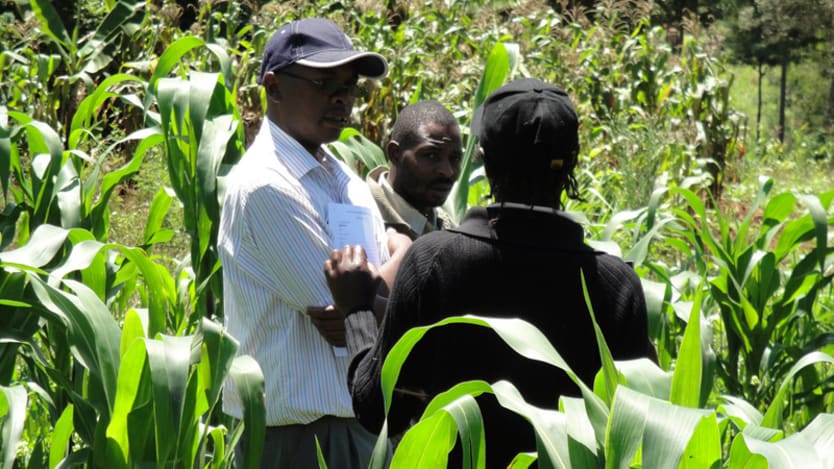
DURBAN, South Africa — Civil society and NGO leaders met during the World Economic Forum on Africa for a famine briefing to discuss how to improve the lives of the millions impacted by the food crisis devastating the Lake Chad Basin in West Africa.
Experts say that adverse weather patterns and climate change are here to stay, which means famine could become a recurring problem in many areas of Africa. As a result, immediate mitigation efforts must also include long-term interventions led by local actors, coupled with investments spread across the agriculture sector in areas such as irrigation and access to markets.
As well as the Lake Chad Basin crisis, there has already been a famine declared in South Sudan and another one is looming in Somalia.
See more stories from the World Economic Forum on Africa:
► Tackling the problems of fragile states in Africa
► Gates Foundation: Africa can tackle inequality via its own research
► South African environment minister shares lessons on how to create blue economies
Gilbert Foussoun Houngbo, president of the International Fund for Agricultural Development — which works closely with smallholder farmers to promote rural transformation — said that making agriculture in Africa appealing to investors is a dimension of famine that must be addressed.
“Investment in agriculture by default is not appealing because the private sector will think about putting money elsewhere, so we must create conditions to make it much more appealing starting with derisking,” he said.
Smallholder farmers must also augment their productivity levels beyond subsistence production to attract large pools of financing, he argued.
“Smallholder farmers are not treating farming as business,” said Dyborn Chibonga, CEO of NASFAM, the National Smallholder Farmers’ Association of Malawi. “When you treat farming as business, you know that you’ll be producing surpluses and you are looking at local markets and national markets.”
Executive Director of OXFAM International Winnie Byanyima said to address climate change’s role in famine, her organization is planning a major shift in humanitarian response policies.
“Instead of giving bad aid, just coming in and leaving, we want to plant capacity so that people see the aid and bounce back stronger, with a stronger chance to survive,” she said in front of a dozen participants.
By 2018, OXFAM plans to channel 30 percent of its resources for humanitarian work through local actors. Unless people are able to also cope on their own in response to a changing climate the responses from outside groups will never work, Byanyima said.
For everything you need to know about the World Economic Forum on Africa, follow our coverage this week and join the conversation on Africa's future. Follow @devex and tag #WEFAfrica2017.
